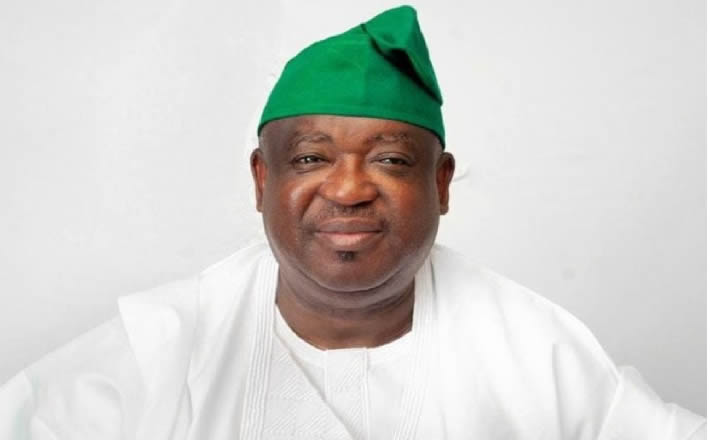The North-Central All Progressives Congress (APC) Forum has reiterated its appeal to Plateau State Governor, Caleb Mutfwang, to defect from the Peoples Democratic Party (PDP) and join the APC, citing a directive from the party’s national leadership. This renewed call underscores the APC’s strategic efforts to consolidate its political strength and broaden its base in the North-Central region, particularly in anticipation of the 2027 elections. The Forum emphasizes that Governor Mutfwang’s purported progressive ideology aligns with the APC’s principles, making him a suitable fit within the party’s ranks.
The Forum’s Chairman, Alhaji Saleh Zazzaga, affirmed that their campaign to persuade Governor Mutfwang is anchored on a directive from the APC’s national leadership, highlighting the significance of this endeavor within the party’s broader strategic objectives. He cautioned against internal opposition from certain party leaders in Plateau State, characterizing their resistance as detrimental to the APC’s growth and overall progress. Zazzaga stressed that any attempts at intimidation or blackmail will not deter the Forum from pursuing what they believe is in the best interest of the APC. This unwavering stance reflects the Forum’s commitment to expanding the party’s influence and securing its future political prospects.
Responding to accusations of anti-party activities and calls for the convener’s suspension by some stakeholders within the APC, the Forum vehemently defended its actions. They argued that inviting a sitting governor to join their ranks is not an act of betrayal, but rather a proactive measure to strengthen the party and enhance its appeal. The Forum contends that such initiatives should be applauded by all members who genuinely desire the growth and success of the APC. This defense underscores the internal divisions and differing perspectives within the party regarding the best strategies for political expansion.
The Forum further justified its position by emphasizing the potential benefits of welcoming progressive leaders like Governor Mutfwang into the APC fold. They believe that his inclusion would not only bolster the party’s image but also contribute significantly to development efforts in the North-Central zone. Citing recent defections of governors from Delta and Akwa Ibom states to the APC, Zazzaga urged stakeholders in Plateau State not to miss out on the ongoing wave of political realignment sweeping across the country. This highlights the APC’s perception of a shifting political landscape and their eagerness to capitalize on these perceived opportunities to gain a competitive edge.
The Forum’s persistent pursuit of Governor Mutfwang underscores a broader strategic calculation within the APC to consolidate its power and influence in the North-Central region. By attracting prominent figures from other parties, the APC aims to weaken its opposition and create a more favorable environment for its political agenda. This strategy reflects a common practice in Nigerian politics, where party affiliations can be fluid and politicians often switch allegiances based on perceived advantages and shifting power dynamics. The success of the Forum’s efforts will depend on various factors, including Governor Mutfwang’s own political ambitions, the internal dynamics within the APC, and the broader political climate in Plateau State.
The controversy surrounding the Forum’s call for Governor Mutfwang’s defection also exposes internal tensions within the APC. While some members view this initiative as a legitimate strategy for party growth, others criticize it as undermining party loyalty and potentially creating internal discord. This difference of opinion reflects the complexities of managing a large and diverse political party like the APC, where competing interests and varying perspectives on strategy can lead to internal conflicts. The outcome of this internal debate will likely influence the party’s future direction and its ability to effectively execute its political agenda.


